Hoard thief back in jail for not repaying profits
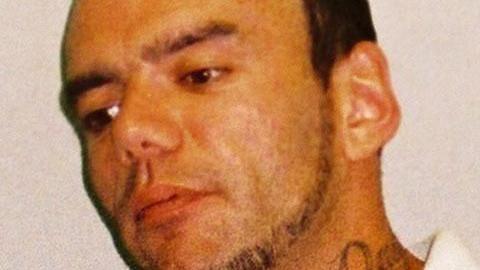
George Powell was using a different name when he was arrested
- Published
A metal detectorist convicted of stealing part of a Viking hoard valued at £3m is back in jail after not paying back his share of the proceeds.
George Powell, of no fixed abode, failed to repay £600,000, the money a judge had earlier decided was his share of the missing coins and jewellery dug up from a Herefordshire field.
He was arrested in Devon on suspicion of a separate charge of causing grievous bodily harm and then jailed for five years and three months at Plymouth Magistrates Court on 23 October for failing to repay the money.
Powell, along with Layton Davies, uncovered about 300 Viking coins in a field in 2015 but did not declare the treasure, instead selling it to dealers. They were convicted of theft and concealing their find, with Powell jailed for 10 years and Davies, for eight-and-a-half.
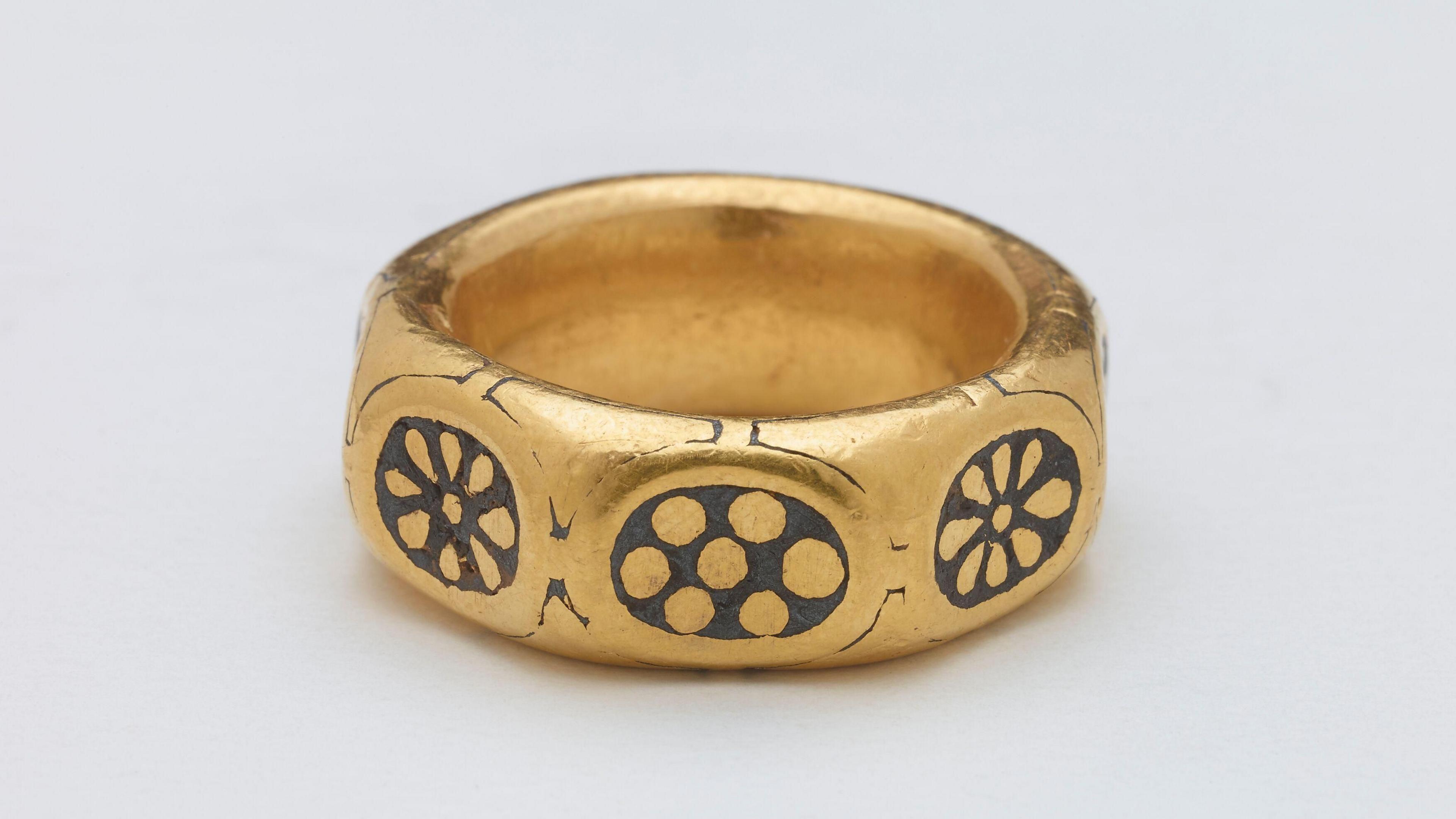
The gold ring dug up by George Powell dates from the 9th century
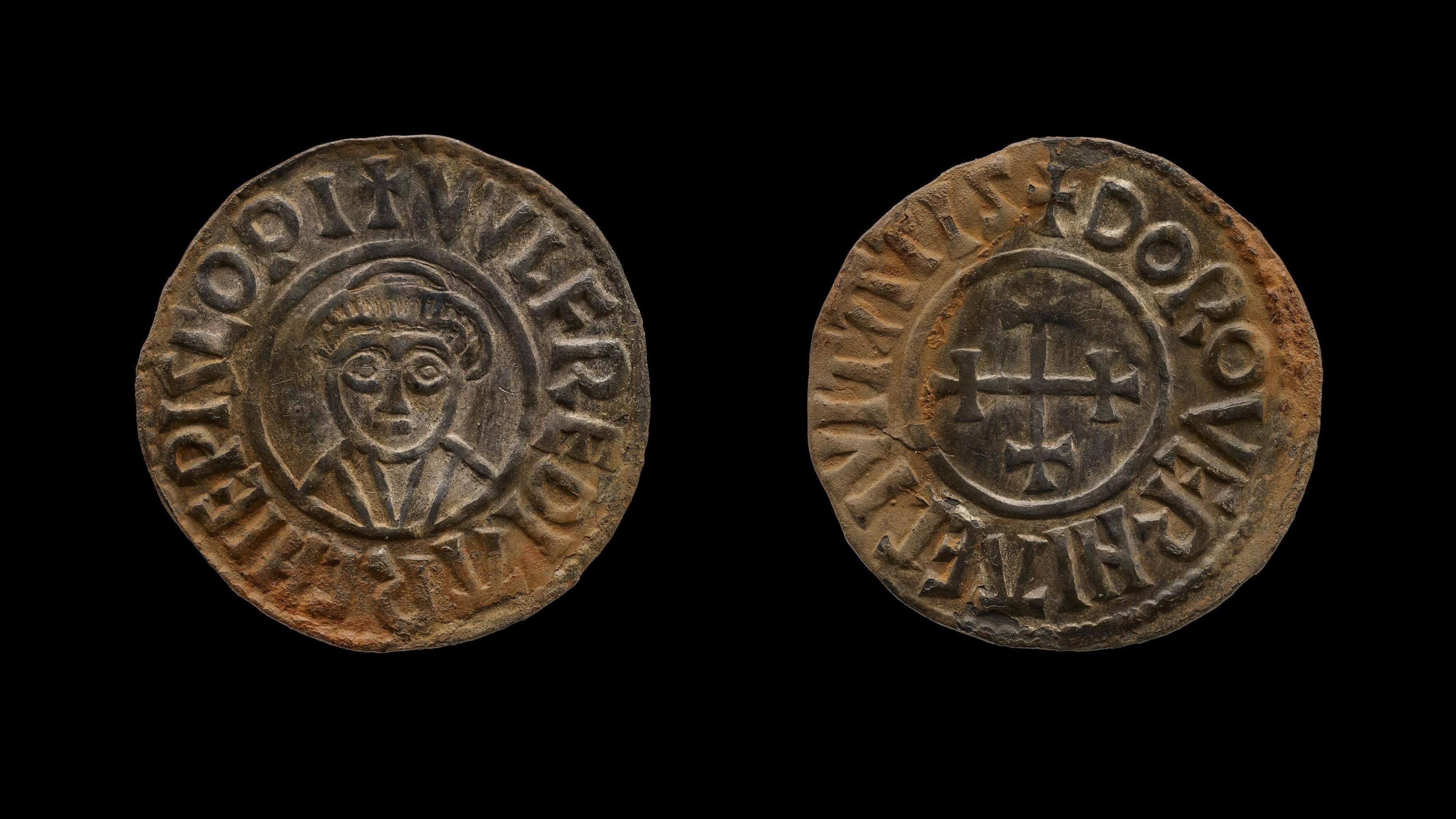
Powell had been released on licence after serving half of his sentence.
The huge collection of jewellery Powell and Davies uncovered was one of the biggest treasure finds in British history.
The items, which included a gold ring, a bracelet with a dragon's head clasp, a crystal rock pendant, silver ingot and a collection of coins had been buried by Vikings in the ninth century and been hidden for 1,100 years.
One particular coin showed that King Coenwulf of Mercia and King Alfred of Wessex ruled together in an alliance – something previously unknown.
If they had followed the law, and declared the treasure they would have become very wealthy men.
In 2019, at Worcester Crown Court, Powell, whose address at that time was given as Newport, and Davies were convicted of theft and concealing the find.
Judge Nicholas Cartright said they had stolen "from the nation".
Just 31 of the estimated 300 coins they found had been recovered at the time of the trial.
In 2021, they were back at Worcester Crown Court for a proceeds of crime hearing where they told the court different accounts of where the coins were.
They said only a few dozen coins had been found; that the hoard was dug up somewhere else and moved to Herefordshire; and that the coins had been sold to unknown buyers via an auction house in Austria.
The judge rejected their claims and said he believed around 270 coins were still being deliberately hidden by them.
They were both given a confiscation order and told to repay £600,000 or return to jail.
Davies, from Pontypridd, was ordered to serve an extra five years and three months in prison for failing to pay his share.
Powell tried to appeal but his attempts to stay out of prison were rejected by an appeal judge and also the Court of Appeal in London.
He was due to be sentenced at Birmingham Magistrates Court on 8 January but he failed to appear, so a warrant was issued for his arrest.
Despite police appeals, he remained on the run until his arrest in Paignton, Devon on 22 October.
He told the police that his name was George Whittaker but police soon realised it was an alias and there was a warrant out for his arrest for failing to appear in court for the hoard charges.
Devon and Cornwall Police said the charge of GBH followed an alleged incident in the Grange Road area of Paignton on 18 October in which a man sustained a serious head injury.
He is due to appear at Exeter Crown Court on November 20th for the charge of GBH.
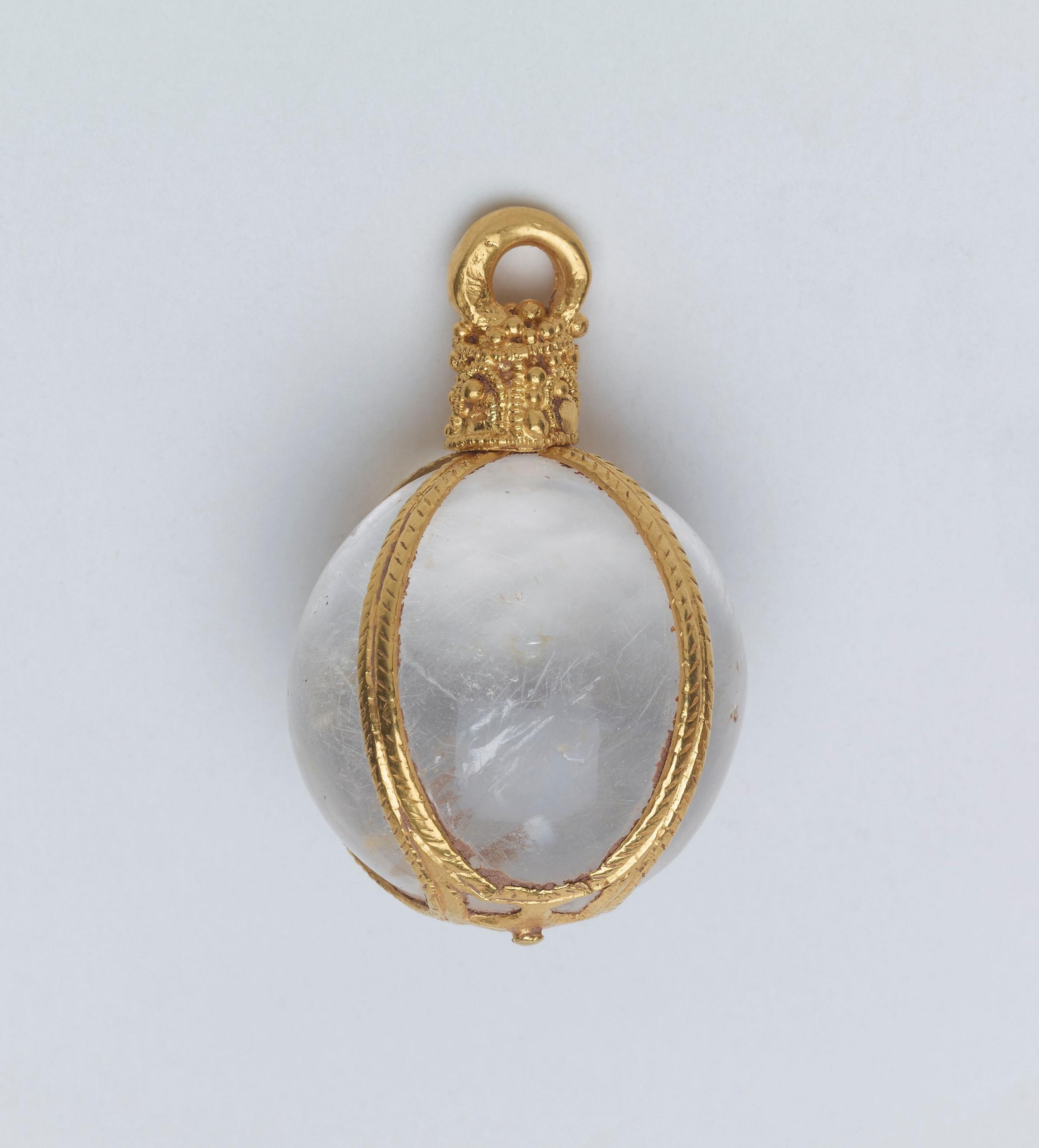
Experts believe the crystal was used to reflect the light from a fire
But where are the rest of the coins?
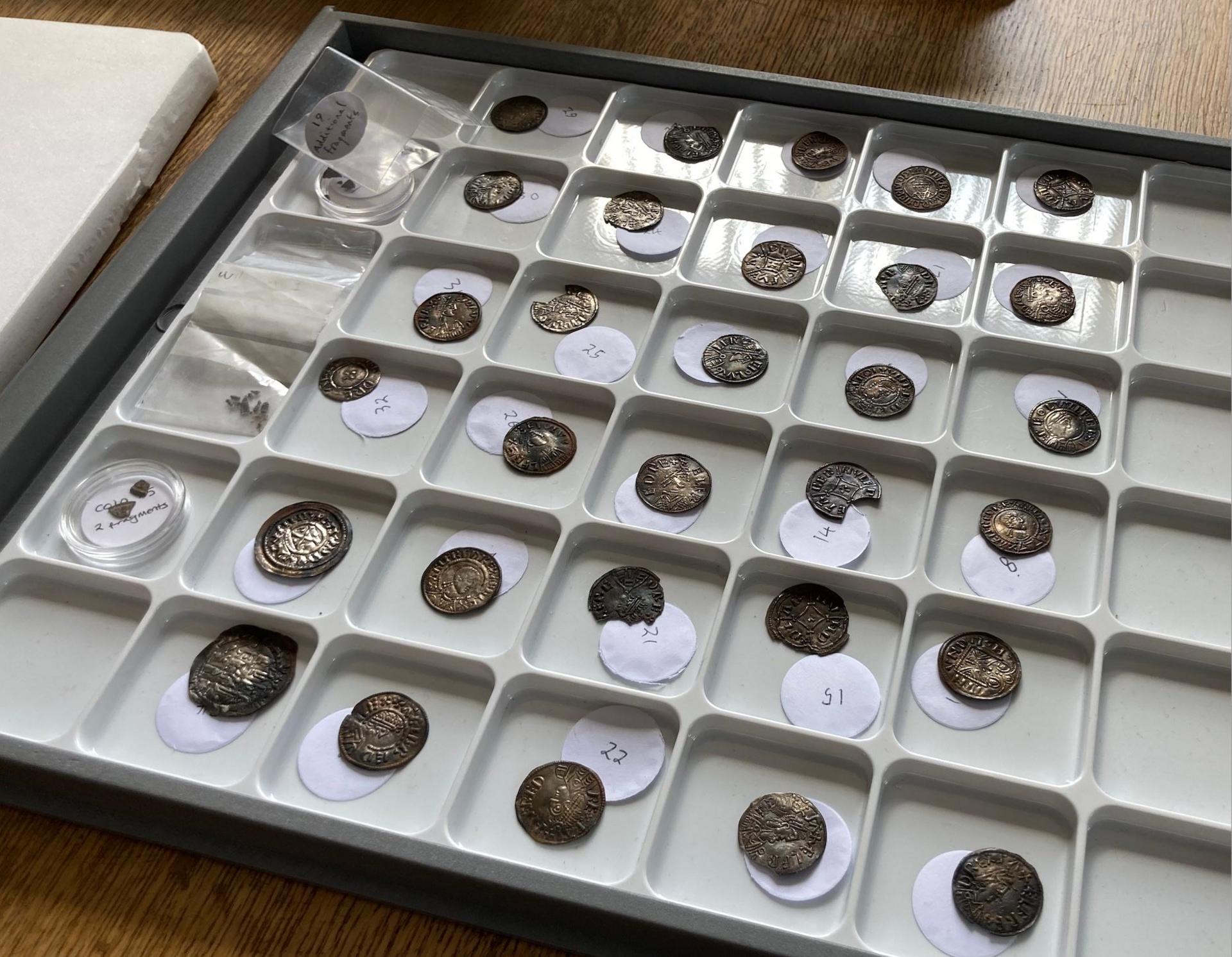
Only a few of the coins have been seized by police
Photos taken by Powell and Davies when they dug up the hoard in 2015 showed an estimated 300-plus coins in a freshly-dug hole, but only a few dozen have been found.
In May 2023, two further men, Craig Best, from County Durham, and Roger Pilling, from Lancashire, were each jailed for five years and two months after trying to sell 44 rare Anglo-Saxon coins worth £766,000.
The coins were thought to be part of the hoard uncovered in Herefordshire.
In May 2025, another coin believed to be part of the hoard was found on sale in Croydon.
Police believe the rest, about 240 coins, are in the hands of organised crime gangs across the world.
Related topics
- Published22 May
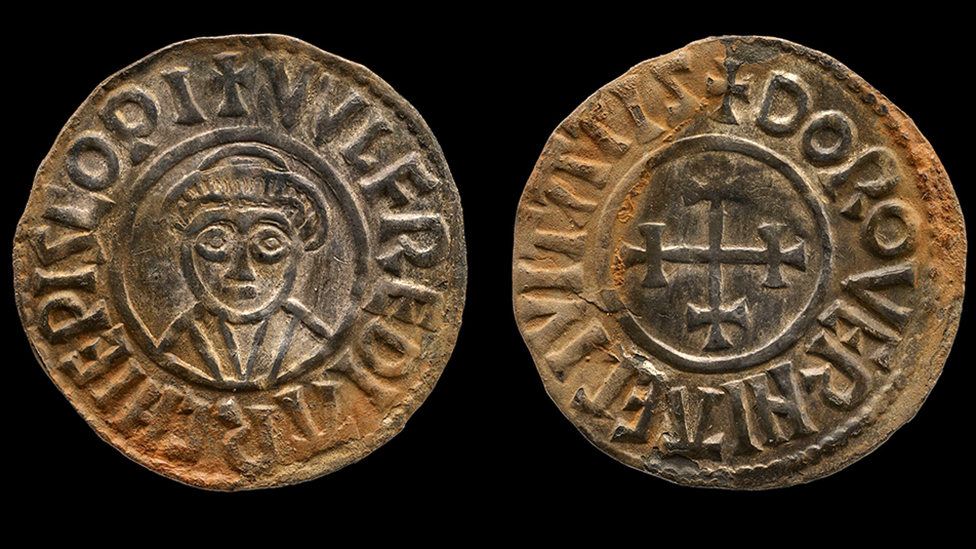
- Published30 April
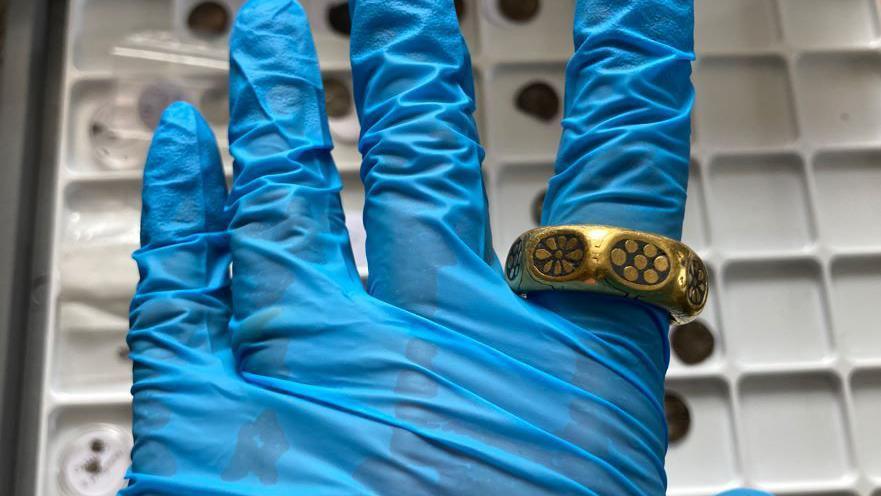
- Published27 January
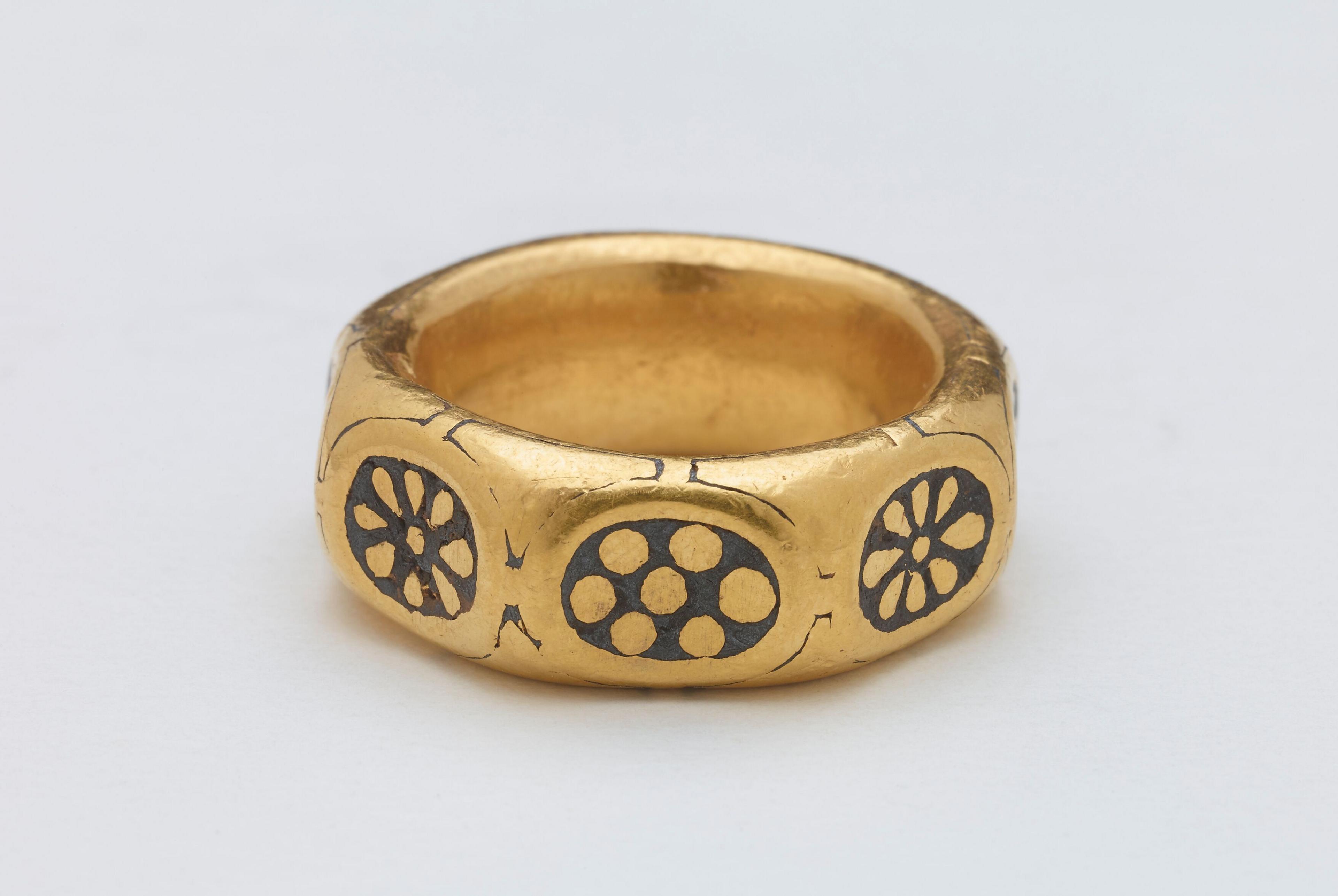
- Published19 May 2024
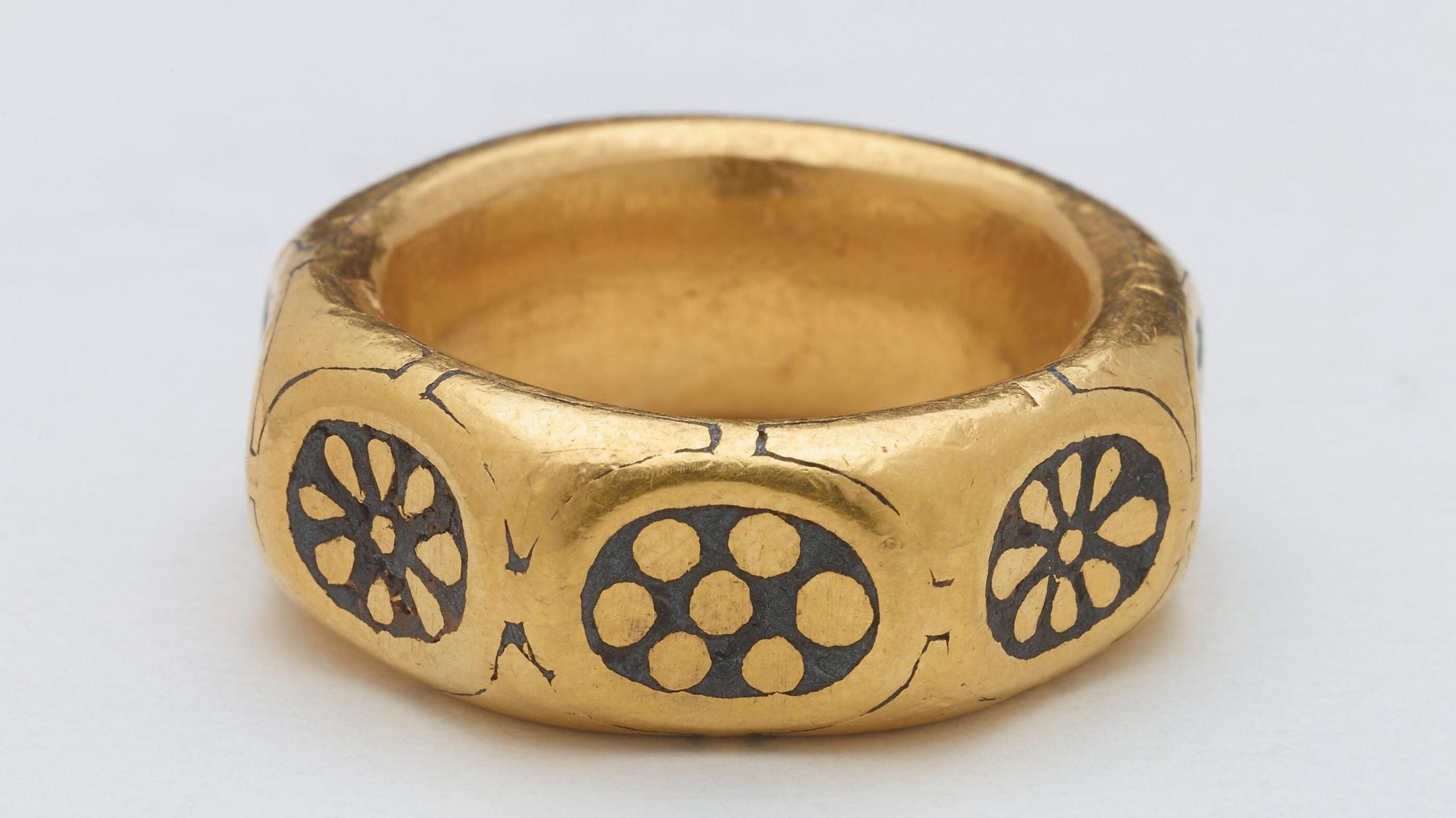
- Published12 September 2024
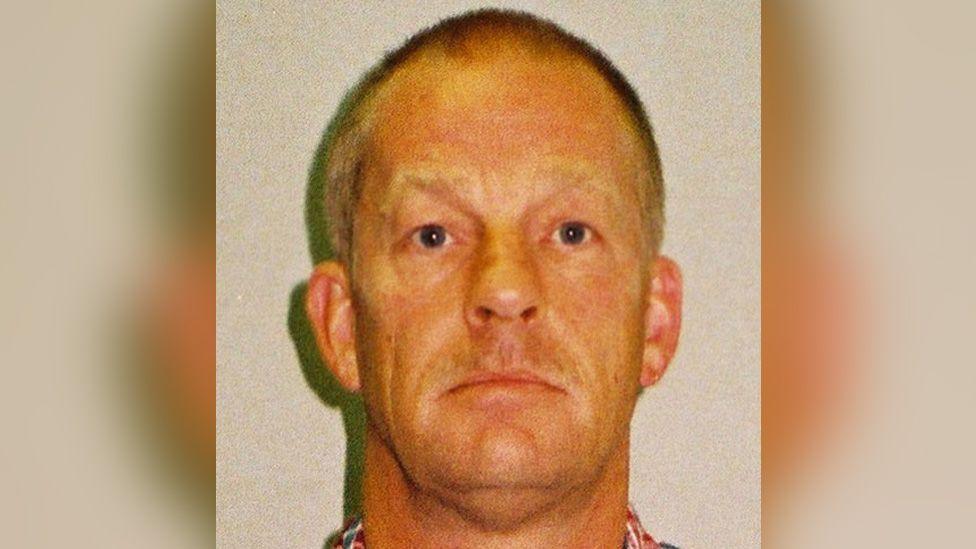
- Attribution
- Attribution